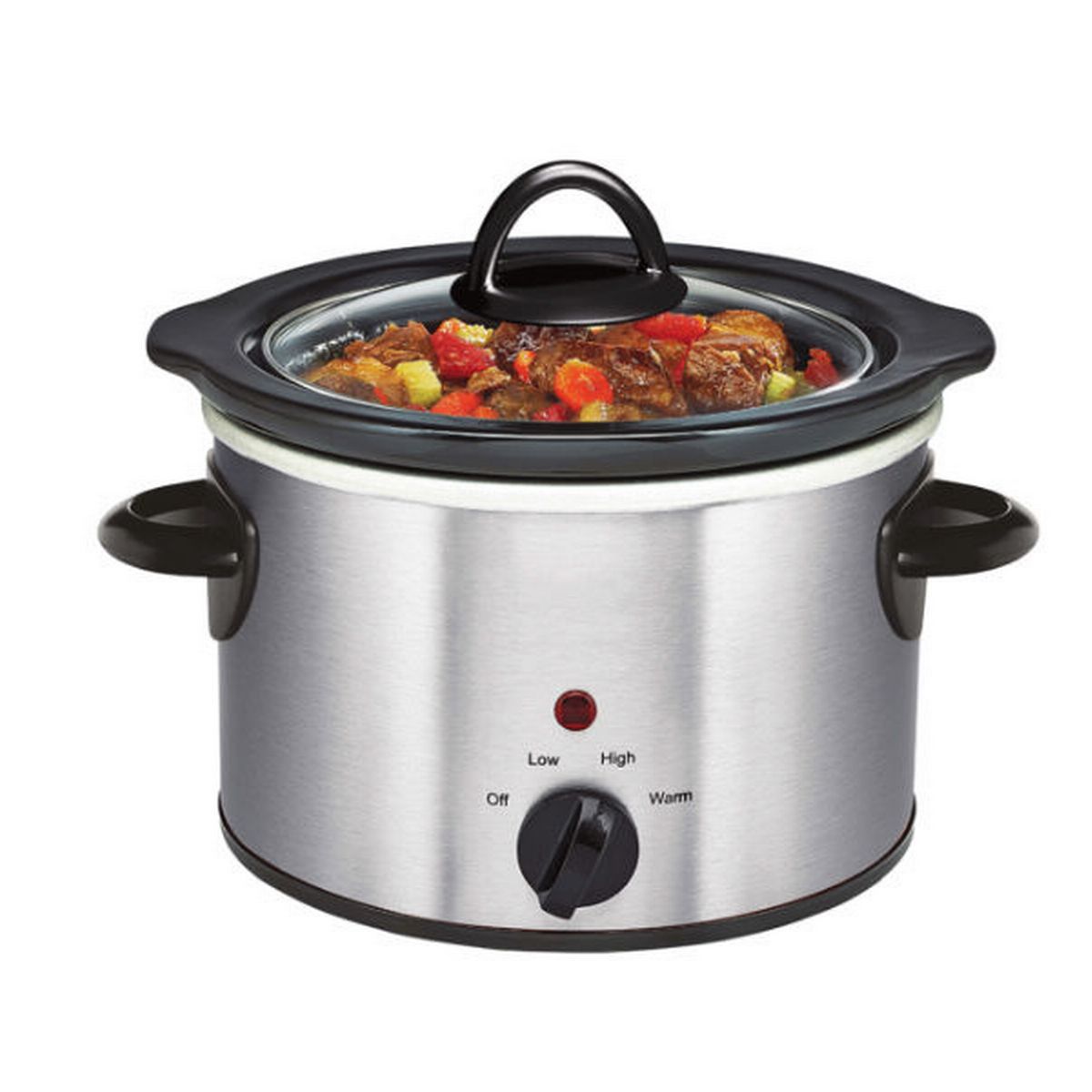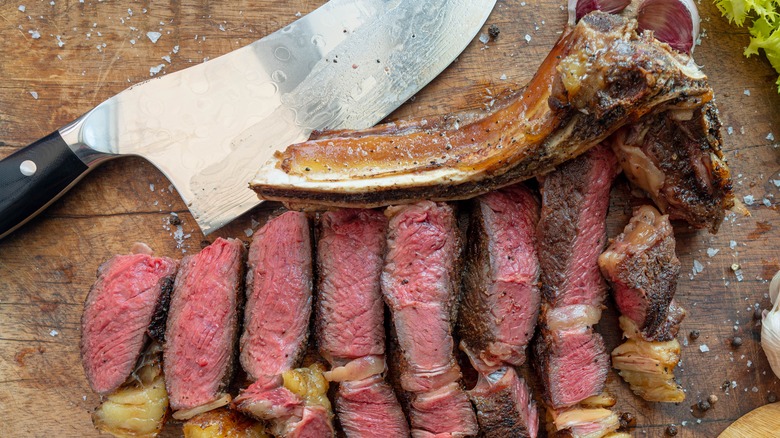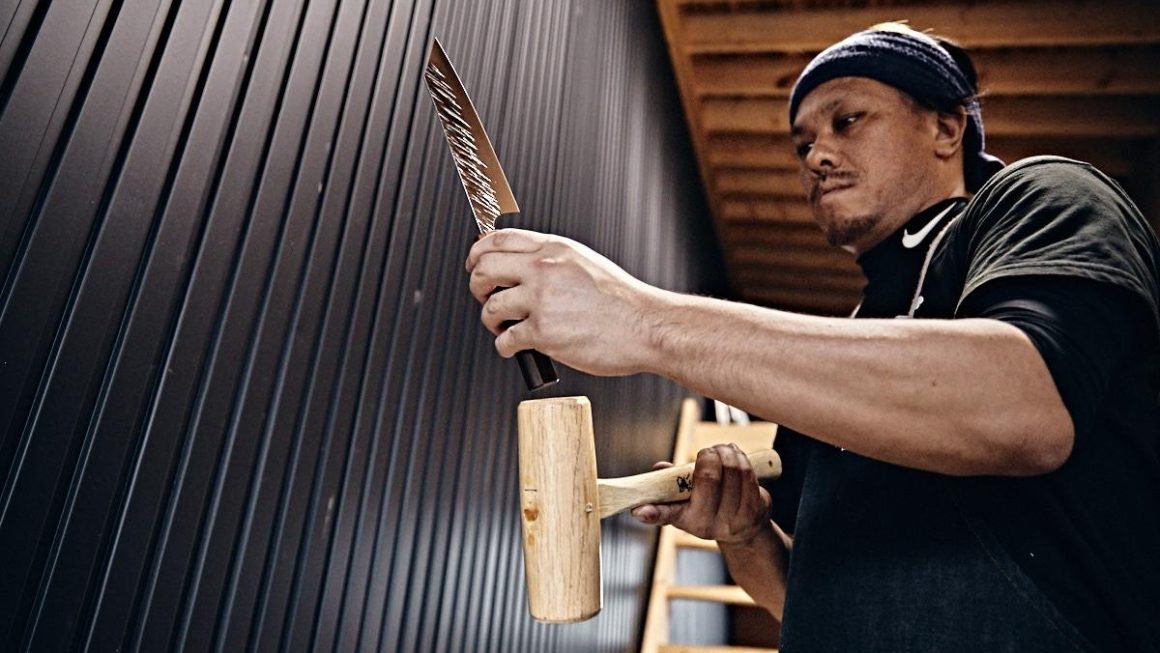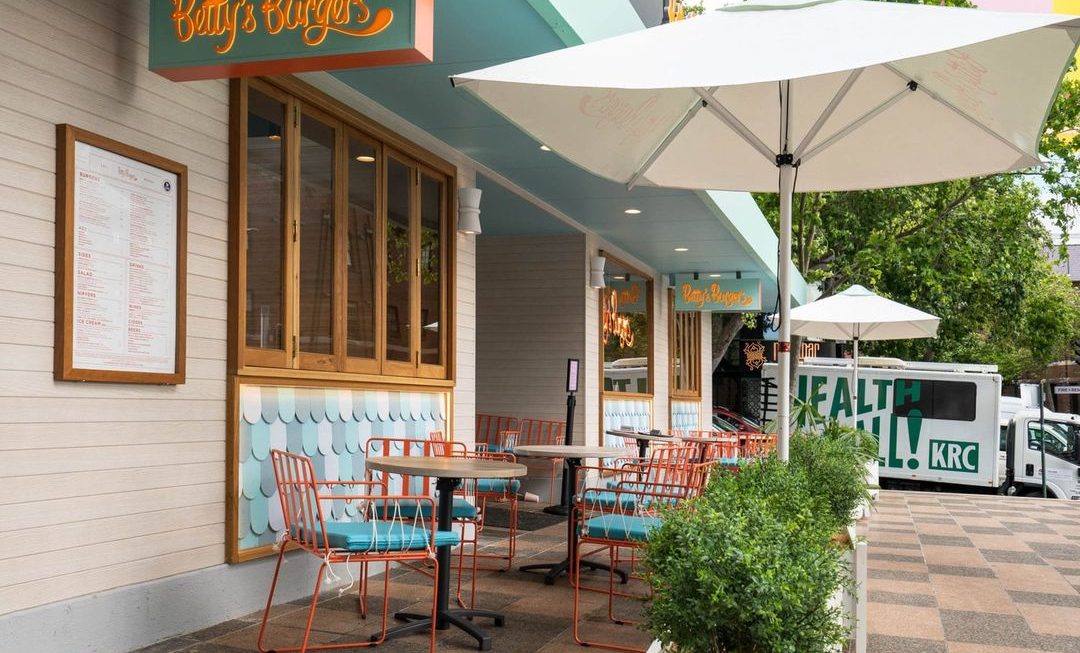When it comes to cooking, there are few things as convenient as a slow cooker. Just set it and forget it! But have you ever wondered why a slow cooker cook so slowly?
It turns out that there are some scientific explanations behind the magic of the slow cooker. Let’s take a look at what makes a slow cooker cook slowly – and why that’s actually a good thing!
What is a slow cooker
A slow cooker is a type of electrical kitchen appliance that helps to cook food slowly over a period of time. It typically has a ceramic pot with a metal or plastic outer housing and a control panel with settings to determine the cooking time and temperature. The slow cooker allows for unattended cooking of various dishes, such as stews, curries, and casseroles, which can otherwise be difficult to prepare.
Type of slow cooker
There are different types of slow cookers on the market, each with its own advantages. One of the most popular is Lightweight slow cooker. They are easy to transport and make a great option for small spaces. Traditional slow cookers are a great choice for large families or those who entertain often. If you’re looking for something in between, consider a programmable slow cooker. This type of cooker offers more control over the cooking process, so you can customize it to your specific needs. No matter which type of slow cooker you choose, you’re sure to enjoy delicious, home-cooked meals with minimal effort.
Why does a slow cooker cook slowly
Slow cookers use what is called “indirect heat.” This means that instead of heating the food directly, like you would on a stovetop or in an oven, the heat is generated from the sides of the pot. This indirect heat then gently cooks the food inside.
One reason that this indirect heat helps to produce such flavorful and tender results is because it prevents the food from drying out. When you cook on a stovetop or in an oven, the direct heat can cause moisture to evaporate from the food. This isn’t a problem with a slow cooker, since the indirect heat means that evaporation isn’t an issue.
Another reason that slow cookers produce such great results is because of something called the “Maillard reaction.” This is a chemical reaction that occurs between amino acids and sugars when they are heated. This reaction is what gives foods like grilled meats their nice brown color and distinctive flavor.
Since the indirect heat of a slow cooker doesn’t get as hot as direct heat, the Maillard reaction doesn’t happen as quickly. But over the long cooking time, it does eventually occur – and that’s what gives slow-cooked foods their rich flavor.
So there you have it! Now you know the science behind why a slow cooker cooks so slowly – and why that’s actually a good thing. The next time you use your slow cooker, you’ll be able to appreciate all of the deliciousness that it produces.
Popular slow cooker recipes
There are a variety of popular slow cooker recipes that can be made easily and quickly. One popular recipe is the classic beef stew. This dish is made by browning beef stew meat and then adding it to a slow cooker with vegetables like potatoes, carrots, and celery. The beef stew will cook slowly in the crockpot over the course of several hours, resulting in a delicious and hearty meal. Another popular recipe is chicken soup. This soup is made by cooking chicken breasts in a slow cooker with broth, vegetables, and spices. The result is a healthy and flavorful soup that can be enjoyed any time of year. These are just two of the many popular recipes that can be made in a slow cooker – experiment and find your favorite!
Tips for cooking with a slow cooker
If you’re new to cooking with a slow cooker, here are some tips to help you get the most out of your appliance.
- Start by browning any meat that you’ll be using in the dish. This will ensure that it’s cooked evenly and not overcooked.
- Cut vegetables into uniform pieces so that they cook evenly.
- Use less liquid than you would when cooking on the stovetop, as evaporation will occur during the longer cooking time.
- Season your dish well, as the flavors will intensify over time.
- If possible, avoid opening the lid during cooking, as this will release heat and extend the cooking time.
Final word
The low heat of a slow cooker gently cooks your food over a long period of time, preserving nutrients and flavors that would be lost with other cooking methods. Slow cookers are also great for making large batches of food, which can then be frozen and enjoyed later on. If you’re looking for an easy way to make healthy, home-cooked meals without spending hours in the kitchen, a slow cooker is definitely the appliance for you.



